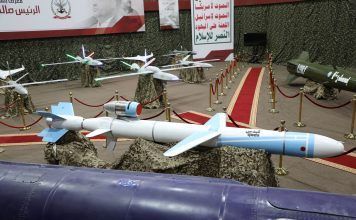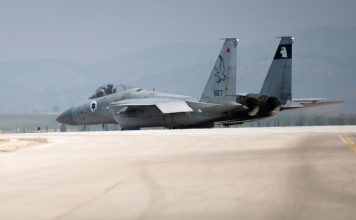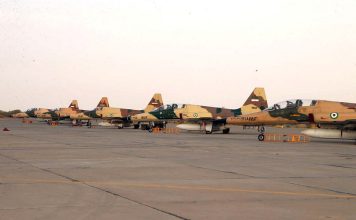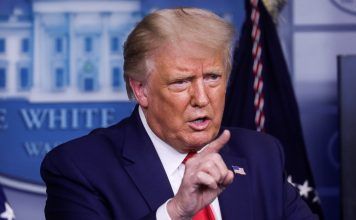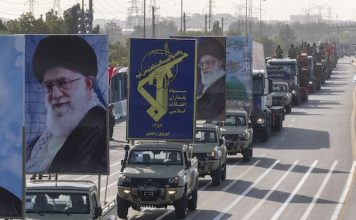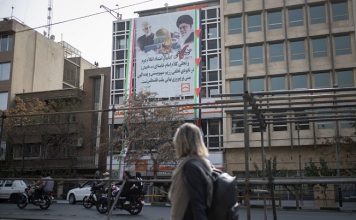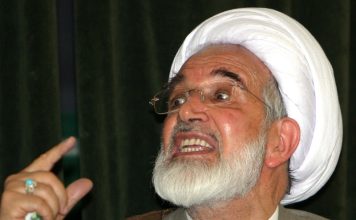JERUSALEM, Nov 18 (Reuters) – Prime Minister Benjamin Netanyahu said on Monday that Israel’s air attack on Iran last month hit an element of Tehran’s nuclear programme while degrading its defence and missile production capabilities.
“It’s not a secret,” Netanyahu said in a speech in parliament. “There is a specific component in their nuclear programme that was hit in this attack.”
He did not identify the component, but added that Iran‘s path to a nuclear weapon had not been blocked.
On Oct. 26, Israeli fighter jets carried out three waves of attacks on Iranian military targets, a few weeks after Iran had fired a barrage of about 200 ballistic missiles against Israel.
Nuclear Watchdog Chief Visits Two Nuclear Sites During Iran Trip
This followed a previous exchange of direct attacks in April.
Netanyahu, in his speech, offered a few more details on what Israel had targeted.
Israel’s April strike, he said, was narrower, taking out one of four Russian-supplied S-300 surface-to-air missile defence batteries around Tehran, the Iranian capital.
He said that in October, Israel destroyed the remaining three batteries and caused serious damage to Iran‘s ballistic missile production capabilities and its ability to produce solid fuel, which is used in long-range ballistic missiles.
(Reporting by Ari Rabinovitch; editing by Mark Heinrich)


